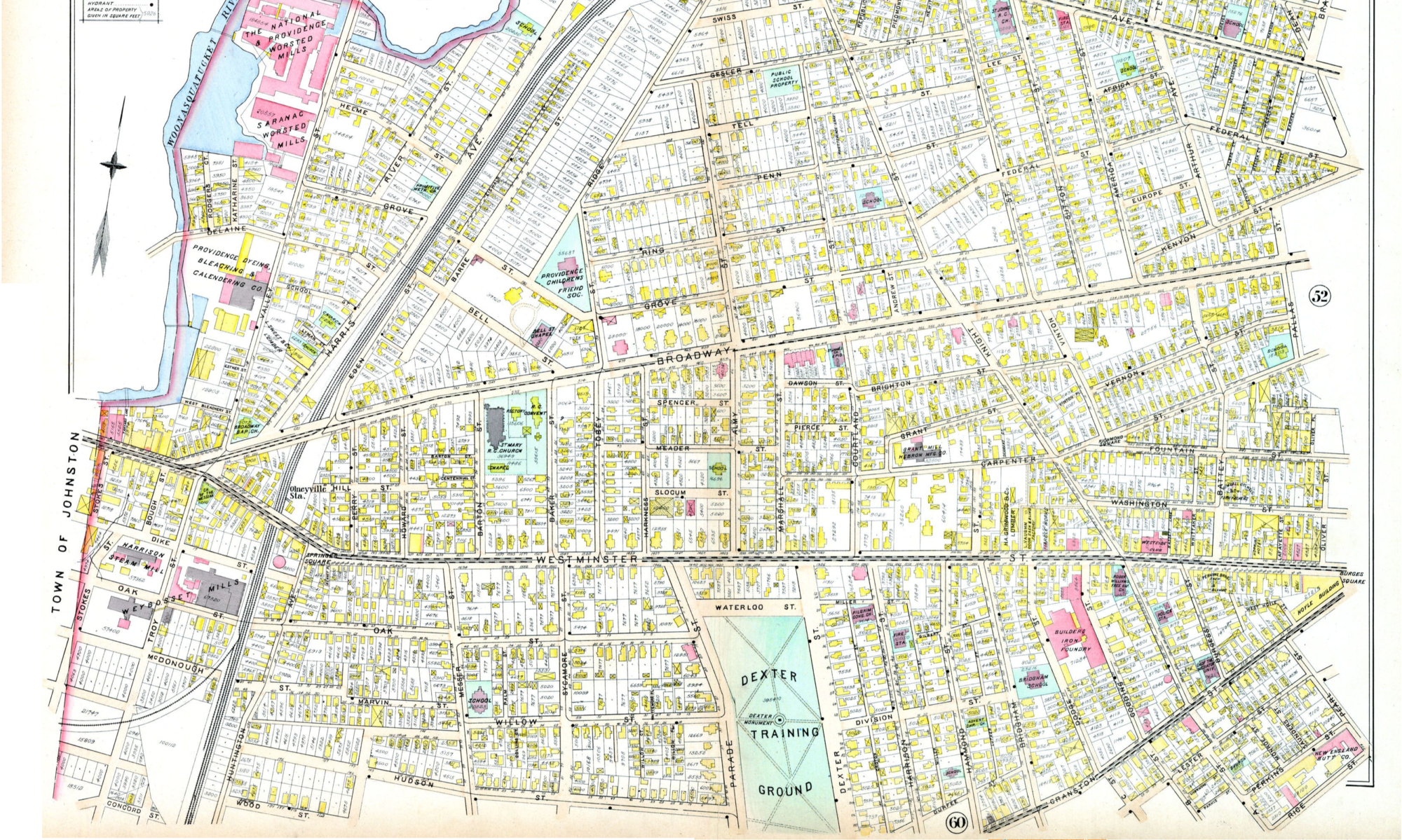I went to a very lovely event last night. It was a potluck, concert, and dance following the wedding of some friends. The food was scrumptious and plentiful. The music brought tears of joy to my eyes. The dancing was fantastic as usual. The only downsides were that it was extraordinarily muggy for early May, and I got entangled in a little tiff between some friends, such that my feelings got a little hurt briefly. But I kept dancing, and started enjoying myself again, and by the end of the event, felt wonderful. I learned from this that even if something “ruins” your good time, you can get back on your feet and recover your wonderful night. How? Here’s what I did:
- I acknowledged my frustration internally and quietly expressed it to another friend.
- I kept on doing the fun thing I’d been doing (dancing).
- I asked to dance some people I was excited to dance with, and dancing with them boosted my mood back up to the previous ecstatic level.
Have you had something “ruin” a good time you were having recently, only to bounce back and continue your good time in spite of it?









